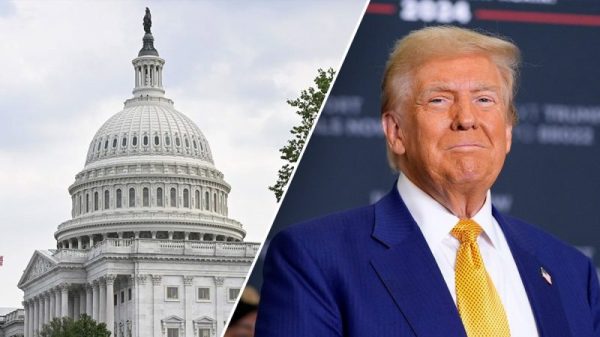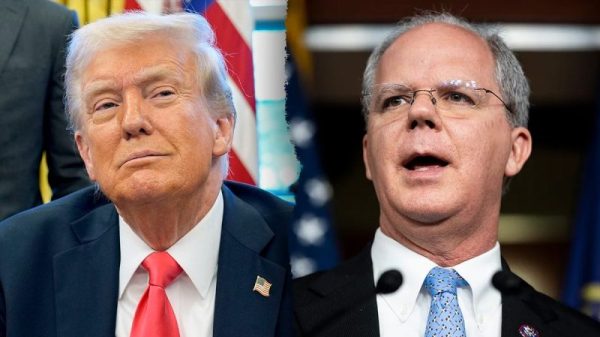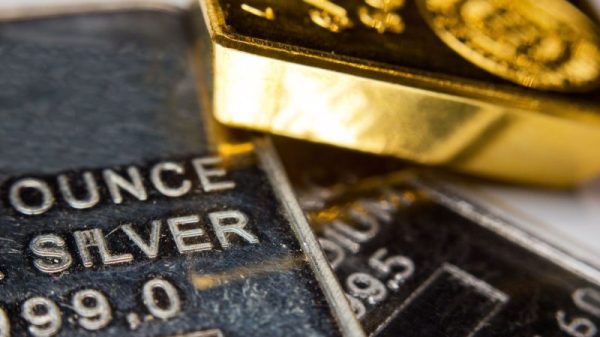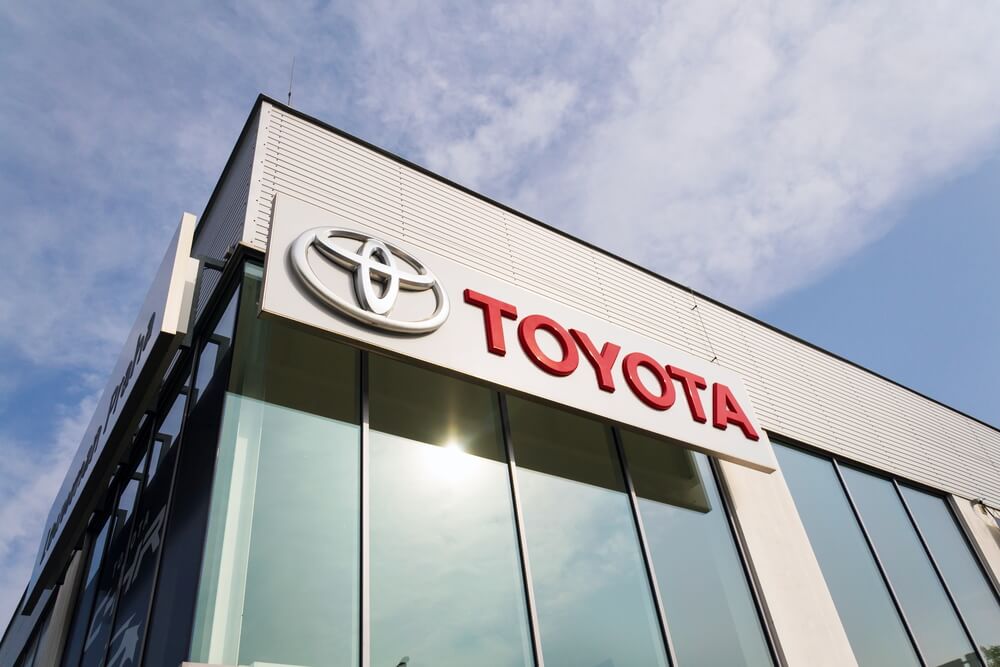Toyota Targets China and Europe for Green Technology Revolution
Toyota readjusts its hydrogen strategy, setting its sights on conquering the European and Chinese markets in a bid to dominate the emerging H2 green technology sector. The Japanese automaker aims to sell a staggering 200,000 fuel cell vehicles by 2030. It primarily focuses on trucks, though passenger cars are also part of the plan.
A Strategic Shift: Toyota’s New Direction
Toyota’s latest decision marks a significant turning point for the company. It veers away from its previous emphasis on passenger cars and the North American market, which had reached a standstill. Roughly a decade ago, Toyota introduced the Mirai FCEV, targeting the niche market in California. However, it failed to achieve substantial success then.
Revitalizing the Market: Toyota’s Sales Figures
In 2022, Toyota managed to sell just over 3,900 fuel cell vehicles, representing less than half a percent of its impressive global sales of approximately 9.5 million vehicles. Recognizing the need for change, the company has set its sights on Europe. According to surveys, hydrogen’s potential impact on the heavy-duty segment will likely make a significant difference there. As a result, the automaker has been actively spearheading the development of hydrogen infrastructure in Europe. Moreover, this week, the European Parliament confirmed infrastructure regulations necessitating H2 pit stops every 200 km along major European roads by 2028.
Toyota’s Ambitious Target: “200,000 is Just the Beginning”
Toyota’s Chief Technology Officer, Hiroki Nakajima, addressed the press. He stated that this may seem strange, but 200,000 is not actually a big number. Besides, the company believes it can achieve this number and more. By shifting its focus to China and Europe, where hydrogen production and demand are higher, the automaker aims to drive down costs. Nakajima also revealed that the company plans to strengthen collaborations with other automakers, forging new partnerships to accelerate progress.
Expanding Production: Toyota’s Global Footprint
According to reports, Toyota intends to commence fuel cell powertrain production at its Kentucky plant in the United States by December of this year. Initially, the focus will be on heavy trucks, with plans to supply drive trains to other manufacturers. It has already begun collaborations with companies like Paccar in the US, VDL Group in the Netherlands, and Hyliko in France. Furthermore, Toyota recently reached an agreement with Daimler Truck. The company merged its truck subsidiary Hino with Daimler’s truck division Mitsubishi Fuso. They will jointly develop hydrogen and other electrification solutions.
Cost Reduction and Efficiency: Toyota’s Future Goals
To break even in fuel cell production, Toyota’s engineering chief, Nakajima, emphasizes the need to reach a monthly production volume of at least 10,000 units. The automaker plans to launch its next-generation hydrogen fuel cell system in 202. It also targets a 50% reduction in fuel cell stack costs, a 25% decrease in fuel prices, and a 20% improvement in range.
Toyota’s Electrification Strategy: A Multi-Faceted Approach
In June 2023, Toyota unveiled its comprehensive electrification strategy. The latter places increased emphasis on battery-electric solutions, including advancements in solid-state technology. Despite this shift, Toyota affirms its commitment to a multi-pronged approach, integrating fuel cells alongside battery-electric powertrains. The company expects the global fuel cell market to surge to around $35 billion by 2030. That’s a remarkable 15-fold increase from 2020. This optimistic forecast is based on projections from market research firm Fuji Keizai.
Differing Perspectives: Toyota vs. BP
While Toyota remains steadfast in its commitment to hydrogen, a contrasting viewpoint emerges from BP’s recently released “BP Energy Outlook 2023”. BP, the petrochemical giant, deems the market potential for H2 cars virtually non-existent by 2035 and 2050. However, it remains interested in utilizing hydrogen for “difficult-to-electrify” processes, such as those found in the steel and chemical industries, their own oil refineries, as well as in shipping and aviation.
As Toyota boldly sets its sights on China and Europe, it remains to be seen whether their green technology revolution will propel them to the forefront of the automotive industry’s green transformation.
The post Toyota Targets China and EU for Green Technology Revolution appeared first on FinanceBrokerage.


































